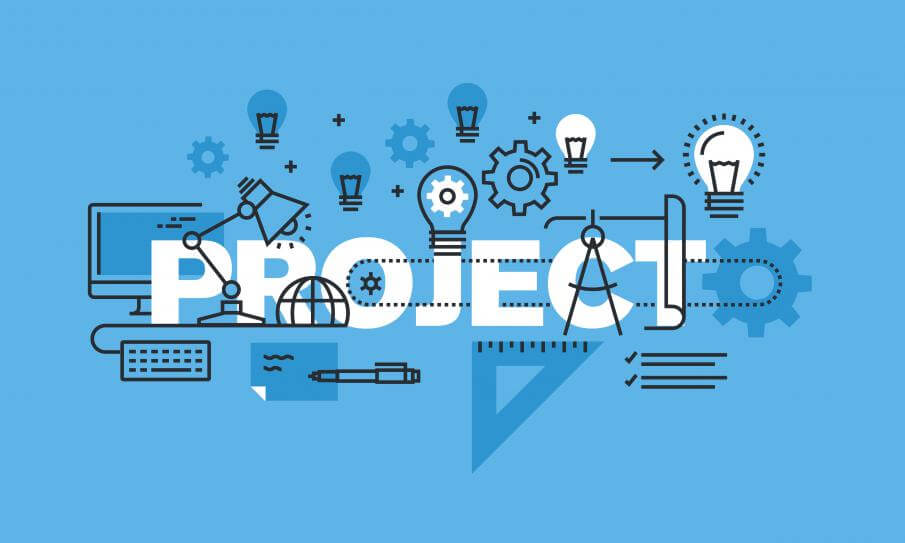Structure/Example of IGNOU Project Report submission.
(Structure of IGNOU Project Submission)
1. Title Page
2. Certificate of Authenticity
3. Acknowledgements
4. Table of Contents
5. Abstract
6. Introduction
7. Review of Literature
8. Research Methodology
9. Data Analysis and Interpretation
10. Findings and Discussions
11. Conclusions and Recommendations
12. References/Bibliography
13. Appendices (if any)
(Examples of IGNOU Project Submission)
Title Page
Title: Digital Archiving in Modern Libraries
Name: Pankaj Kumar
Enrollment Number: 123456789
Supervisor: Dr. Vikash
Course Code: MLIS-MLIP-002
Date of Submission: [Insert Date]
Certificate of Authenticity
This is to certify that the project report titled “Digital Archiving in Modern Libraries” is a bona fide record of the research work done by Pankaj Kumar (Enrollment Number: 123456789) under my supervision in partial fulfillment of the requirements for the award of the degree of Master of Library and Information Science (MLIS).
Signature of Supervisor: _______________ Date: _______________
Signature of Student: _______________ Date: _______________
Acknowledgements
I would like to express my sincere gratitude to my supervisor, Dr. Vikash for her invaluable guidance and support throughout this project. I also extend my thanks to my family and friends for their constant encouragement. Special thanks to the staff of [Library Name] for their assistance during my data collection process.
Table of Contents
1. Introduction ……………………………………………… 1
2. Review of Literature ………………………………………. 5
3. Research Methodology ……………………………………. 12
4. Data Analysis and Interpretation …………………… 20
5. Findings and Discussions …………………………….. 35
6. Conclusions and Recommendations ……………….. 45
7. References/Bibliography …………………………….. 50
8. Appendices ………………………………………………. 55
Abstract
This study explores the role of digital archiving in modern libraries, focusing on the challenges and benefits associated with its implementation. The research employs a mixed-methods approach, involving surveys and interviews with librarians and IT staff. Key findings indicate that while digital archiving enhances information accessibility and preservation, it also presents challenges related to technical infrastructure and staff training. Recommendations include investing in advanced technologies and comprehensive training programs.
Introduction
Background
Digital technologies have revolutionized the way libraries manage and preserve information. Digital archiving, in particular, has become essential for modern libraries to ensure long-term access to digital content.
Problem Statement
Despite its benefits, many libraries struggle with implementing effective digital archiving systems. This research aims to investigate these challenges and propose viable solutions.
Objectives
1. Identify key challenges in digital archiving within modern libraries.
2. To assess the impact of digital archiving on library services.
3. Proposed strategies for effective digital archiving.
Scope and Limitations
This study focuses on public and academic libraries in urban areas. It does not cover private or special libraries, and the findings may not be generalizable to all types of libraries.
Review of Literature
The literature review covers various aspects of digital archiving, including technological advancements, implementation strategies, and case studies of successful projects. Key studies highlight the importance of digital preservation and the challenges associated with maintaining digital archives.
Research Methodology
Research Design
The study adopted a mixed-methods approach, combining quantitative surveys and qualitative interviews.
Population and Samples
The study targets librarians and IT staff in public and academic libraries. A random sample of 10 libraries was selected.
Data Collection Methods
Data is collected through online surveys and in-depth interviews.
Data Analysis Techniques
Quantitative data is analyzed using statistical methods, while qualitative data is analyzed through thematic analysis.
Data Analysis and Interpretation
Presentation of Data
The survey results are presented in tables and charts, showing the distribution of responses regarding digital archiving practices.
Interpretation
The analysis reveals that a majority of libraries face challenges related to funding and technical expertise. Libraries with dedicated digital archiving teams tend to have more effective systems.
Findings and Discussions
Findings
1. Funding is a major challenge for most libraries.
2. Technical expertise is critical for successful digital archiving.
3. Libraries with dedicated teams perform better in digital archiving.
Discussion
The findings align with existing literature, indicating that adequate funding and specialized training are essential for effective digital archiving. The study contributes to ongoing discussion by providing practical insights and recommendations.
Conclusions and Recommendations
Conclusions
Digital archiving is crucial for modern libraries, but its success depends on adequate funding, technical expertise, and dedicated personnel.
Recommendations
1. Libraries should invest in advanced digital archiving technologies.
2. Comprehensive training programs for staff are necessary.
3. Future research should explore the impact of emerging technologies on digital archiving.
Future Research
Further studies could investigate the role of artificial intelligence in enhancing digital archiving practices.
References/Bibliography
– Author, A. A. (Year). Title of work. Publisher.
– Author, B. B. (Year). Title of work. Journal Name, Volume (Issue), pages.
Appendices
Appendix A: Survey Questionnaire
Appendix B: Interview Guide
Appendix C: Raw Data
